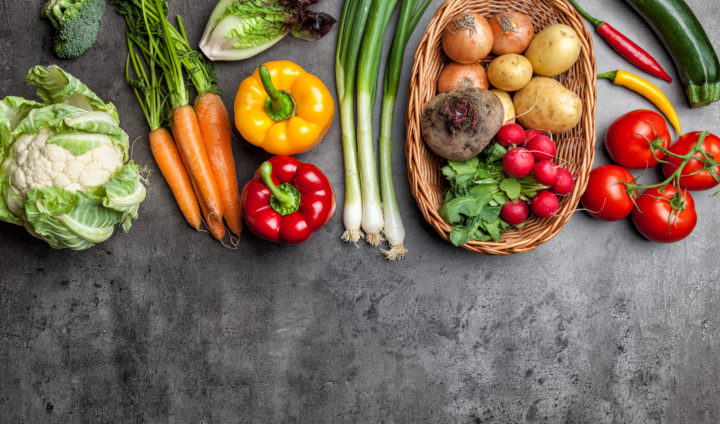The United Kingdom witnessed a continued surge in food prices during April, marking the fastest rate of increase in nearly 45 years. Essential food items such as sugar, milk, and pasta experienced significant price hikes.
Although the rate of grocery price inflation showed a slight slowdown in the year leading up to April, it remained close to record highs at 19.1%. This coincided with a sharp decrease in the overall UK inflation rate, reaching single digits for the first time since August of the previous year.
However, the decline in inflation was not as substantial as anticipated, leading the Chancellor to express concern about persistently high food prices. Inflation serves as a measure of the cost of living, and the Office for National Statistics (ONS) calculates it by monitoring the prices of numerous everyday goods, known as a “basket of goods.”
Over the past 18 months, inflation has risen significantly as food and energy prices have skyrocketed, placing financial strain on many households. In April, the inflation rate stood at 8.7%, a decrease from March’s 10.1%, but still above the expected figure of 8.2%. It is important to note that this decrease does not indicate a drop in prices but rather a slower pace of increase.
In a BBC interview, Chancellor Jeremy Hunt welcomed the sharp decline in inflation but acknowledged that underlying factors revealed an ongoing struggle. The decrease in inflation can be attributed to the slower rise in energy prices compared to the extreme hikes observed a year ago, following Russia’s invasion of Ukraine and subsequent sanctions. Ukraine, a significant producer of grains and sunflowers used in various food products, faced disruptions in shipments due to the war, leading to higher wholesale food prices.
Additionally, adverse weather conditions have impacted crops, including beets used in sugar production and certain vegetables. While food prices continue to rise at near-record rates, staple items like bread, cereal, fish, milk, and eggs are experiencing slightly slower price increases.
Grant Fitzner, Chief Economist at the ONS, stated that the prices businesses pay for domestic food materials have decreased from over 15% annually last month to under 10% this month. Prices for imported foods paid by companies have also fallen considerably. However, these reductions have yet to be reflected on supermarket shelves as retailers typically have long-term contracts with food producers, causing a delay in passing on falling wholesale prices to consumers.
Stuart Machin, CEO of M&S, mentioned that the retailer has made investments to shield customers from the full impact of inflation, which has affected profit margins. Machin believed it was the right course of action. The regulatory authorities have launched an investigation into the pricing of food and fuel by UK supermarkets.
Despite the decline in inflation, core inflation, which excludes food and energy prices, continued to rise, raising concerns about persistently high prices. The UK’s inflation rate surpasses that of other advanced countries such as Germany at 7.6%, France at 6.9%, and the United States at 4.9%.
Rachel Reeves, the Shadow Chancellor from the Labour party, expressed concerns that families were still facing high food prices and rising costs of essential goods. She questioned why the Conservative government had not taken decisive action to address the ongoing cost of living crisis and implement a windfall tax on the substantial profits of oil and gas companies.
Inflation in the UK remains four times higher than the Bank of England’s target of 2%. To combat this, the central bank has raised interest rates 12 times since December 2021. The higher borrowing costs theoretically result in reduced consumer spending, especially in areas like mortgages where individuals have to pay more. This, in turn, helps curb the rapid rise in prices and makes it more challenging for businesses to borrow money for expansion.
While the Bank of England has slowed the pace of rate increases since March, the latest inflation figures have led investors to speculate that rates could rise by an additional percentage point, reaching 5.5% by the end of the year. Previously, market predictions indicated that the peak would be 5.1%.
The impact of soaring price rises is not limited to households alone. Welsh farmer Llyr Jones described the past 12 months as “challenging,” citing increased prices of feed, fertilisers, diesel, and electricity. Mr. Jones, who operates Derwydd Farm in Corwen and manages 32,000 hens along with cattle, mentioned that the war between Russia and Ukraine has added pressure, as he sources feed from global markets. However, he expressed a slight sense of optimism for the upcoming months due to falling fuel and diesel costs.







